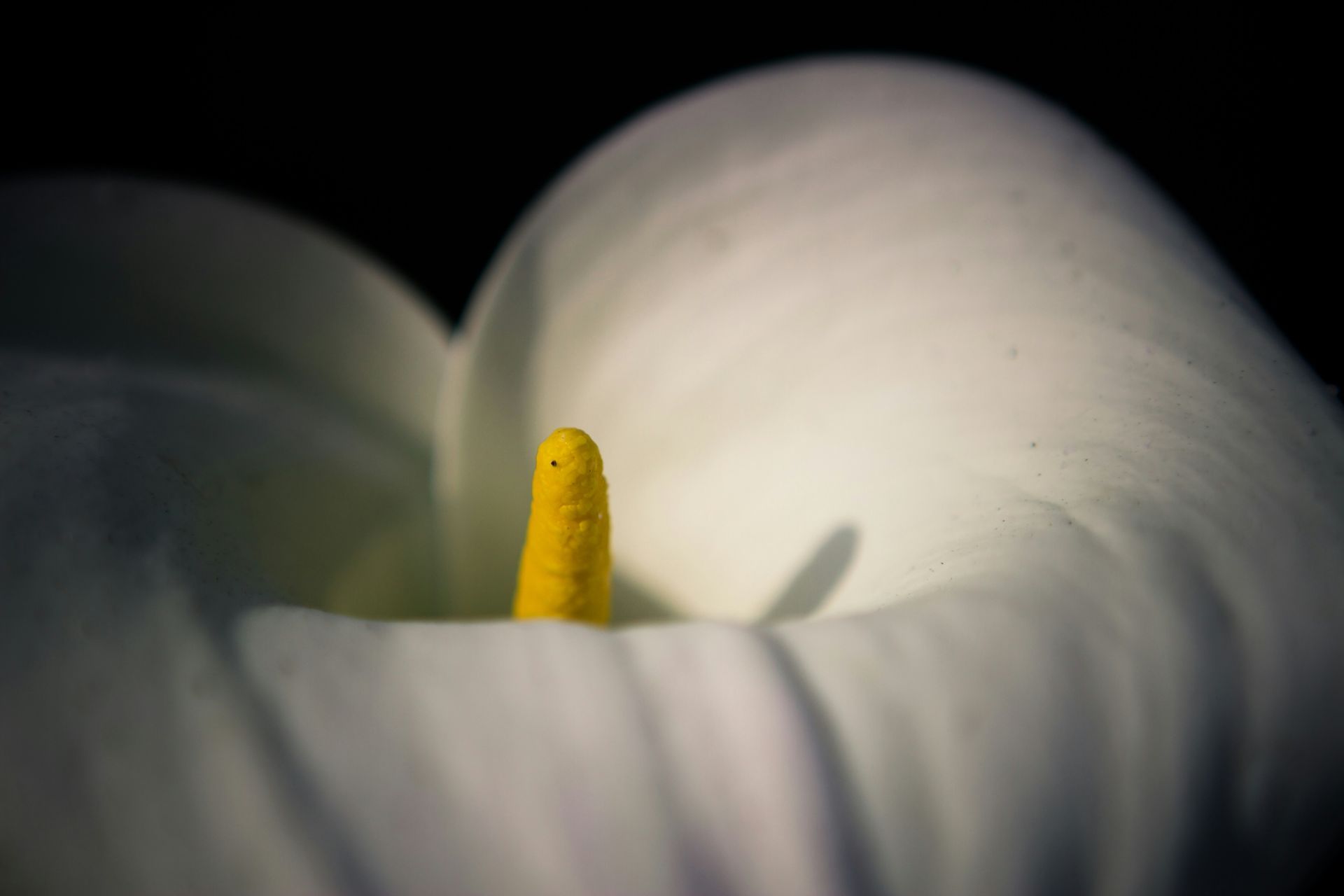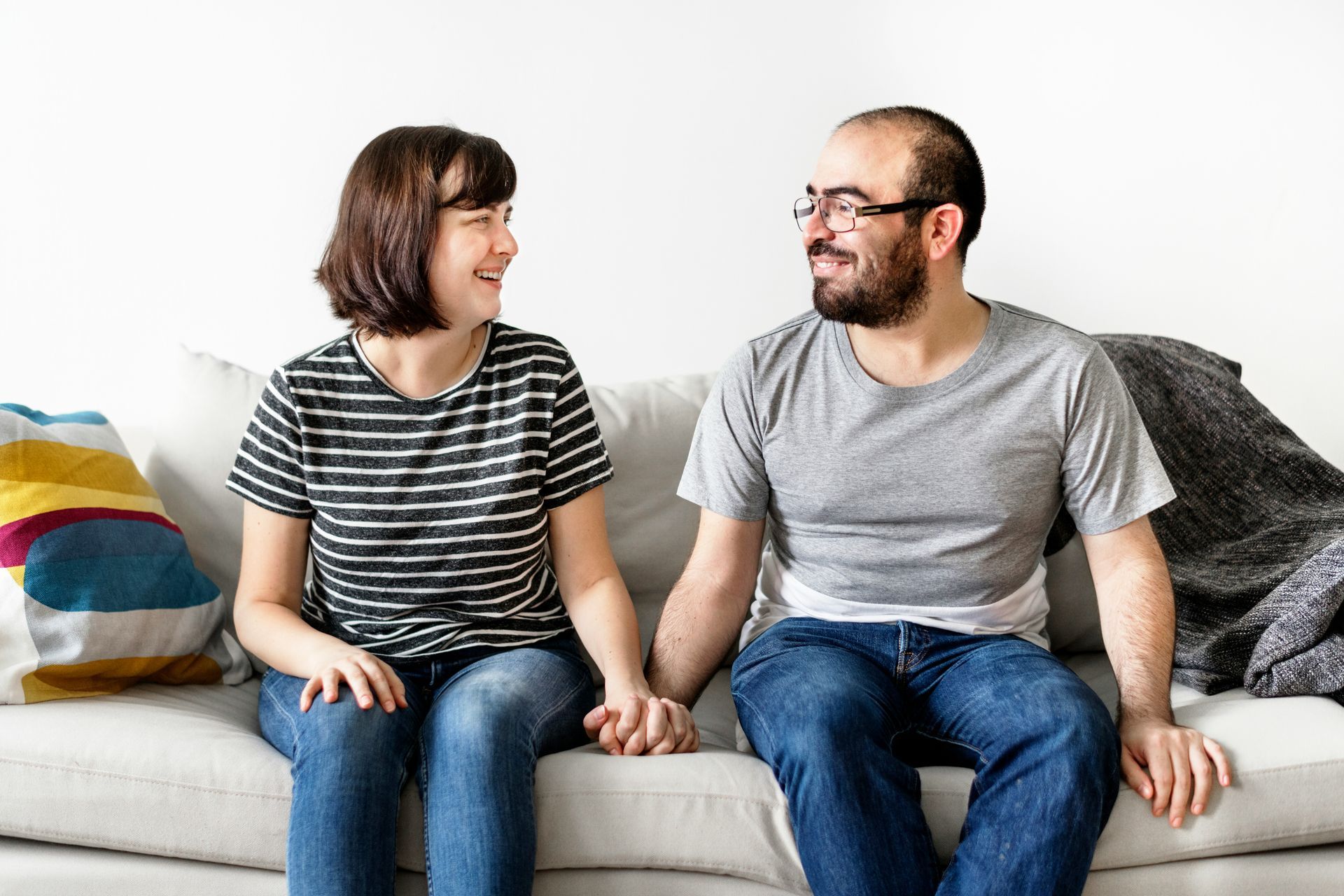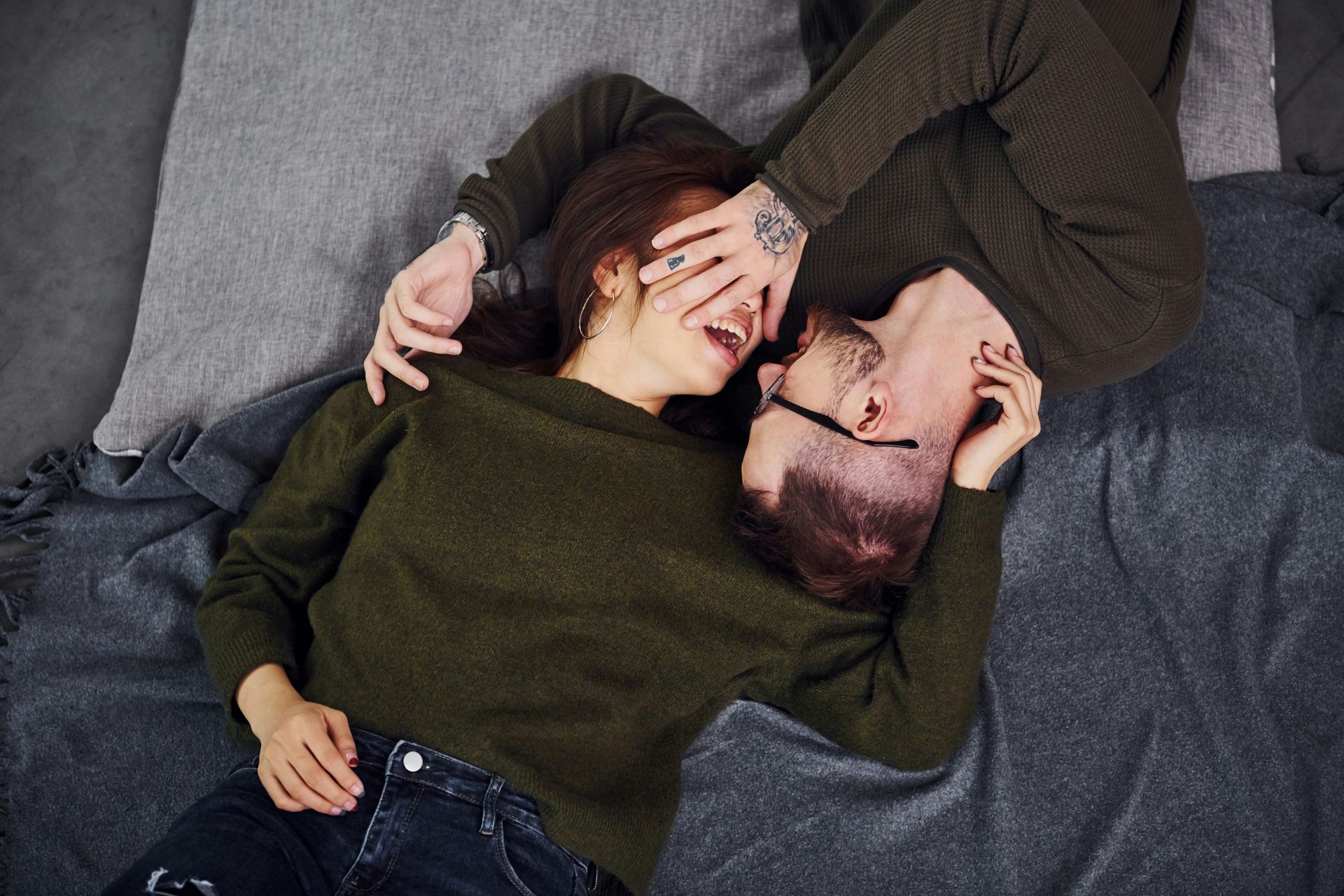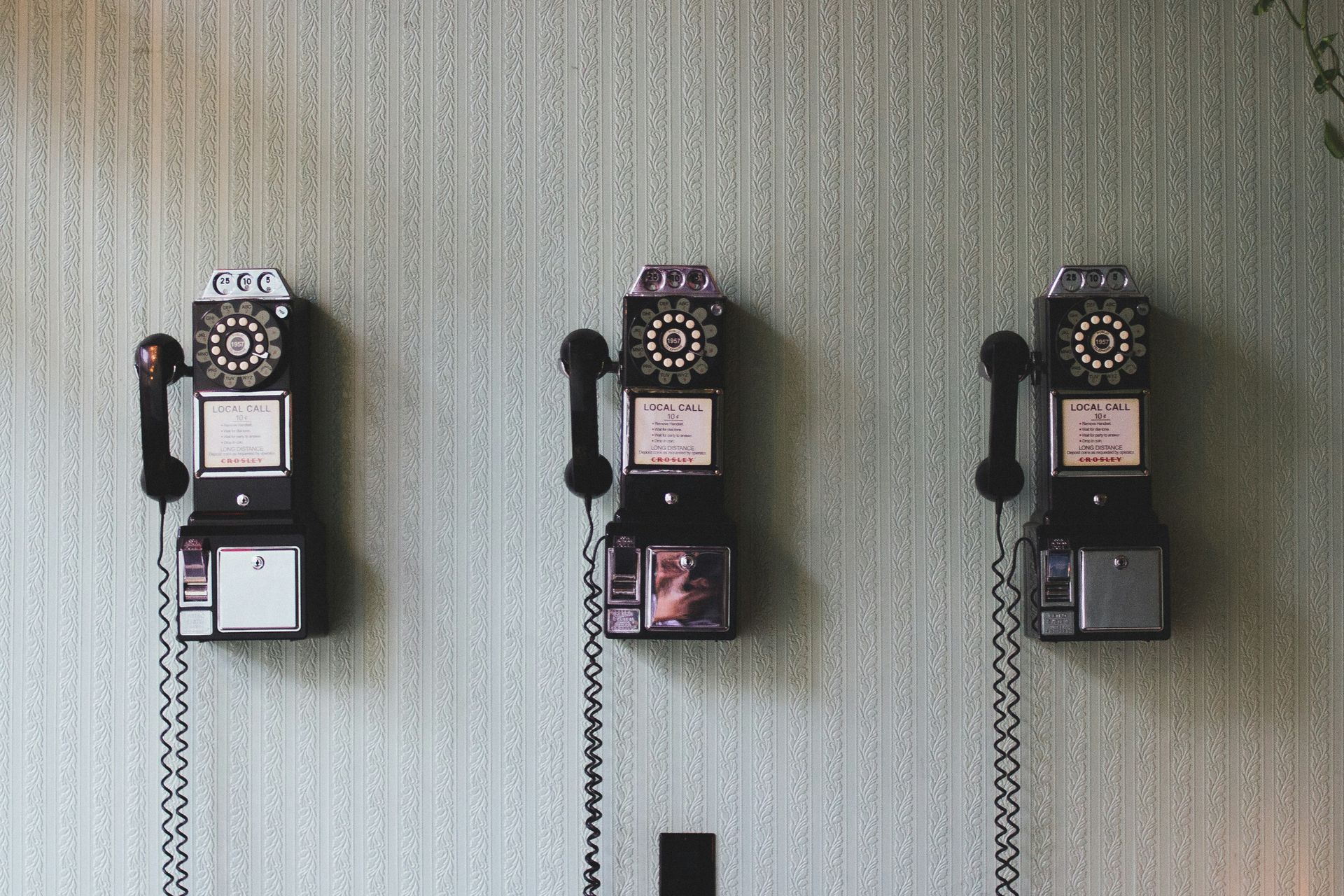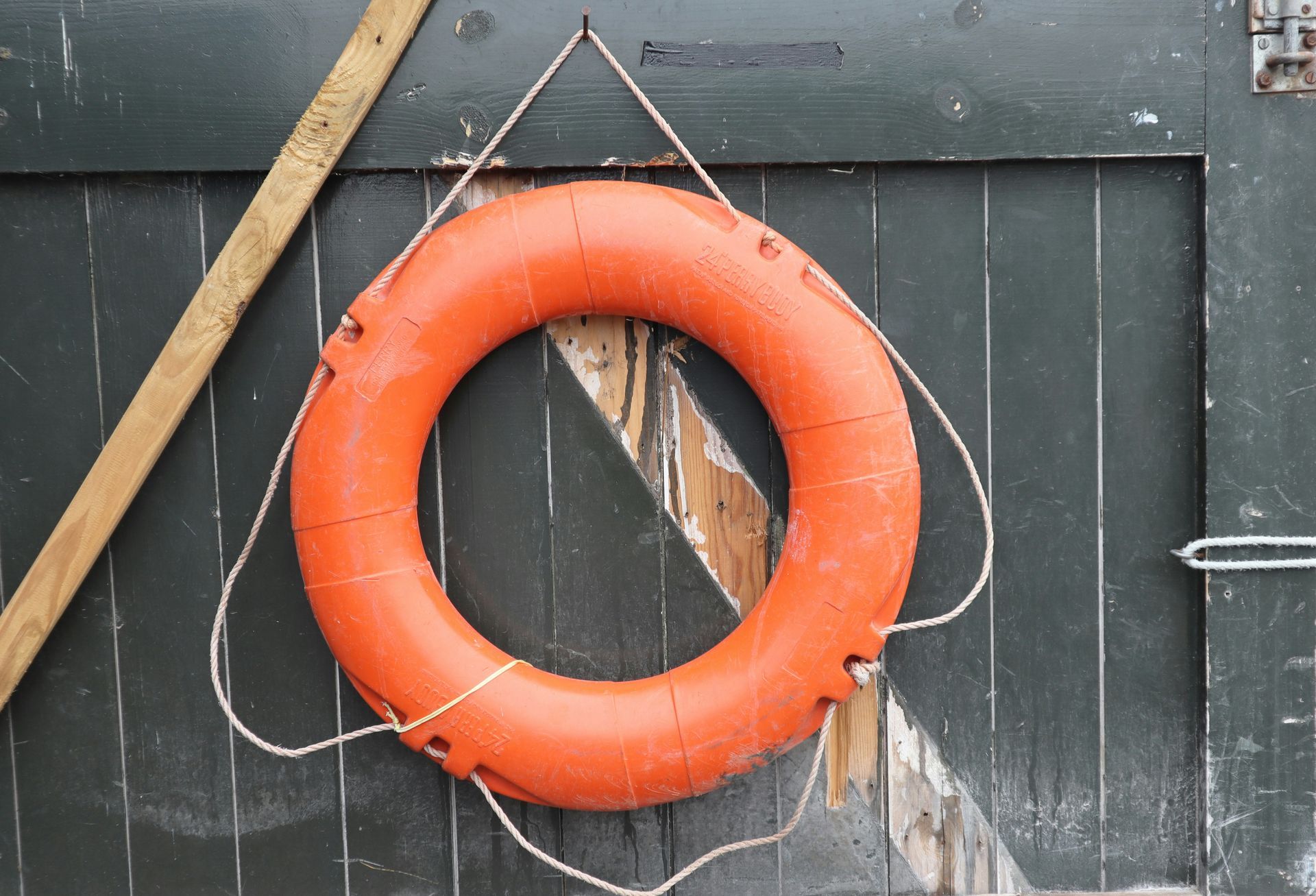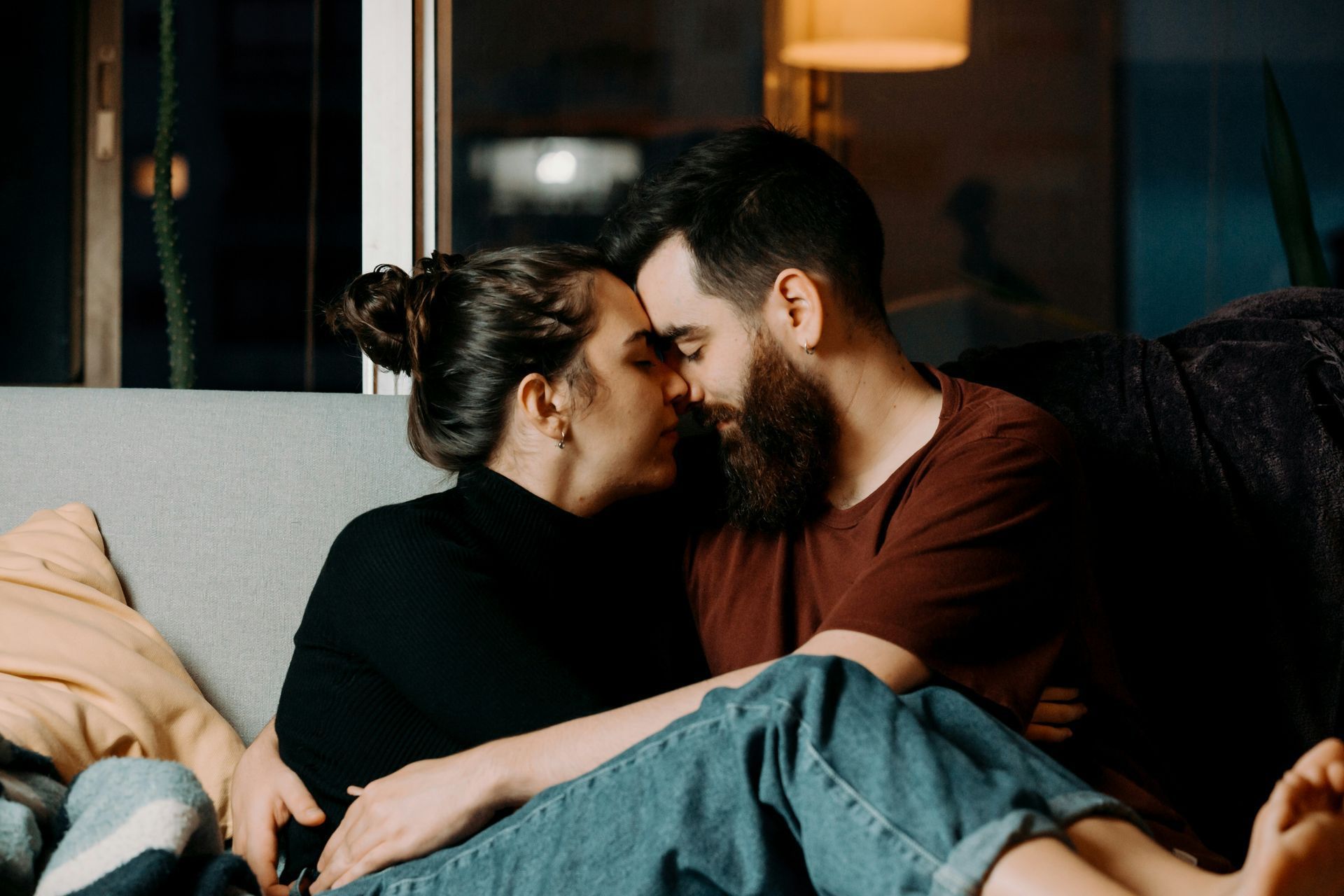A Sex Therapist's Guide to Dating Mindfully
Sex therapy is all about fostering pleasure-filled connections, something that can feel hard to do in the world of on-line dating.
Dating is hard, dating in the age of dating apps where human connection is gamified is really hard! It becomes all too easy to get trapped in an endless cycle of binging on apps, feeling shame and regret, deleting the apps, getting bored, and feeling lonely. Read on for our top 10 suggestions for dating more mindfully.
Know Your Criteria
If you’re on the lookout for something specific in partnership, be honest about what that is, and how flexible or not flexible you are. When we get into a swiping frenzy, we start to lose sight of this, and our filter becomes wider and wider as we try to fill whatever need is going unmet.
If you’re only open to dating “masculine of center folx with leftist politics who aren’t allergic to cats and are working in the arts”, hold yourself to this, and notice when you start to drift away from this goal. Do you drift more the later at night you stay on the apps? Are you more likely to compromise on what you’re looking for if you’ve recently been rejected or felt the perception of rejection? It’s one thing if you change your mind because your criteria have changed “Maybe it’s not their fault if they’re stuck in a corporate job for work, so long as they have creative hobbies” but if some other external force (like loneliness) is making you shift your criteria, this is something to pay attention to.
Know Your Values
Acceptance & Commitment Therapy is a type of therapy that fosters behavior change by helping to strengthen a connection to your value system. One way to do this is to write down a list of things that are important to you about the kind of person you want to be in the dating world, and keep a physical copy of the list near you while you’re on the apps.
This might include things like “I am someone who treats people with the kindness I would like to receive”, “I am prioritizing meaningful connections over instant gratification”, or “It is more important to me to honor my boundaries than it is to be liked.”
Dating apps are designed to be really visually stimulating, we’ve had patients compare them to slot machines at a casino, and we think that’s a great analogy! Having something concrete to look at while you scroll can help you stay centered in the right frame of mind.
HALT
You’ve heard us paraphrase this acronym from our friends in the 12-step fellowship before, but it’s worth repeating: hungry, angry, lonely, tired. If you’re any of these things, it’s best to put the phone down, and walk away.
For you this might mean something as extreme as “stay off the apps when you’re having a manic episode” or something as gentle as “When I’m tired, I’m cranky, and I’m not in the best frame of mind for meeting new people with an open heart, I should stay off the apps if I’ve had a poor night sleep the night before”.
Notice what kind of states make you receptive to connecting with new people, and what kind states make this a turn-off. In general, we’re advocates of doing your scrolling sober, during daylight hours, and when you’re emotionally stable. We recently shared with Brides our suggestion that you should give yourself a 90 day window after a breakup where you stay off the dating apps for their feature “12 Expert-Approved Tips to Help You Get Over Someone You Love After a Difficult Breakup”
Set A Time Limit
One recent study found that millennials spent an average of 10 hours a week on dating apps, practically a part-time job!
The amount of time you can spend per week on a dating app without getting burnt out is going to vary from person to person. It might depend on how long you’ve been on the apps this particular go around, how much screen time you have in other areas of your life, and how over-stimulating you find on-line dating in general.
It might be helpful to get a baseline of how much time you’re already spending, so you can assess whether or not this is too much and then scale back from here. This might be hard to do if you’re logging in and out over and over throughout the day. Instead, try setting aside a dedicated chuck of time as “dating app time”, and setting a timer, start with an absolutely maximum of an hour a day, and scale back from there until you find an amount of time that lets you look forward to the process and stay engaged.
Avoid Oversaturation
Our friends the non-monogamy world have the phrase “polysaturation” to describe the phenomenon of being someone who is open to dating multiple people, but someone who is currently “full” either because of emotional bandwidth or scheduling logistics.
Non-monogamous folks will tell you that there are all sorts of variables that determine when and how they reach polysaturation. It’s not a one size fits all approach, but you might have some general goal posts that are helpful.
Maybe this means being aware that you can hold a conversation with 2-3 different people simultaneously before the details start to blur together and your enthusiasm starts to wane. In this case, you could make the choice to not swipe for any new matches until you’ve made decisions about these existing matches.
Or perhaps you realize going on one date a week means you don’t see your friends as often as you would like, and you don’t want to prioritize your romantic life at the expense of your friendships. Think of it like lines on a coloring book page, you can make the choice to color outside the lines later on if you choose, but the outline helps hold you accountable.
If It's Not Fun Don’t Do It
There is a difference between mild social anxiety, or “first date jitters” and full-on dread. If you’re experiencing an unusual level of anxiety, misandry, or hopelessness, take a page from this quote usually attributed to Bansky: “if you get tired, learn to rest, not to quit.”
Part of mindfulness is tolerating the in-between, rather than oscillating between “all” and “nothing”. What would it be like if you set your profile to incognito mode for a week, without deleting it entirely? Could you tolerate receiving some information, but less information? What about setting your profile to “inactive” instead? Are there ways of practicing engaging with the information that dating apps offer without immediately going into a frenzy? Could you practice reading 10 profiles, and then putting your phone down and doing something else? Just as a skill building exercise?
Remember, These Are Real People
Dating apps are designed to mimic the feel of a game, and some people argue they’re designed to get you to spend more money on paid subscriptions by creating sub-par experiences that keep you reluctantly swiping. In the haze of x-ing out your standout matches and screenshotting cringe profiles back and forth with your friends, it’s almost possible to forget that these are real people on the other side of the phone.
Losing sight of the humanity of it all does not bode well for finding meaningful connections, so how do you remember that these are real people? We like imagining our matches sitting in our favorite coffee shop (implausibly dressed in whatever outfit they’re wearing in their profile pictures, of course) describing themselves the way they do in their dating profiles out loud. Something about this exercise helps us humanize them just enough to remember to extend the same courtesies that we would want extended to us as fellow human beings.
Know Your Triggers, Plan Accordingly
There’s emerging research that suggests unless your self-esteem is unusually impervious and high, dating apps aren’t great for your mental health. Knowing that the process of putting yourself out there, being vulnerable, facing potential rejection, as well as the possibility of discrimination that comes from having any or intersecting marginalized identities, can bring some tough stuff to the surface and necessitates having a plan.
Try to identify what specific pain points dating apps bring up for you, and what you’re going to do to manage them. Hint: for most of us, they exacerbate an underlying distortion that involves themes of unlovability, unworthiness, and/or hopelessness.
Let’s say for example you notice dating apps bring up fears of “I’m NEVER going to find my person, I’m going to be alone FOREVER” If you have this distortion swimming around in your brain every time you open a dating app, it’s understandably going to skew your behavior in a pretty frantic direction.
Can you use your Cognitive Behavioral Therapy skills to evaluate this distortion for accuracy and helpfulness? What evidence do you have that this belief is true? What evidence do you have that this belief might not be as true as it feels in this moment? Maybe that exercise helps you say “It’s hard to find genuine connections and I’ve had bad luck lately, but I’ve found love before, and I have every reason to believe I can find love again. The statement “I’m never going to find my person” is a fear, not a fact.”
Maybe you need to be like Collin in Ted Lasso and develop your own personal mantra, his was “I am a strong and capable man, I am not a piece of shit” and his own therapist chimed in to remind him that he didn’t need the second part.
Know The Difference Between Attraction and Attention
We’ve all seen the TikToks that start with “Am I attracted to him or is he just…” these videos capture the nuance of someone possessing a quality we find attractive (tall, texts us back, has a cute cat, seems to actually grasp the concept of intersectional feminism in a non “dog whistle” sort of way, knows about retinol, said something kind about their ex) as being distinct from being attracted to that person. One of the most common “or is he just” that we see is some variation of “they’re paying attention to me, and I like attention.”
It's tempting to pursue connections based on attention, and dating apps have evolved to incentivize this. Bumble developed a “bee line” where paid subscribers could see anyone who liked their profile ahead of actually matching with them, probably because we’re inclined to like people who we already know like us.
How can we recognize that it’s normal to like attention, and to expect attention as a normal part of the “getting to know you courtship” without letting attention have undue influence over our choices? It might be as simple as asking “would I still like this person if they hadn’t made the first move?” Or changing the way you use apps to focus on who you are pursuing, rather than who is pursuing you. Maybe this means being more vulnerable and making the first move more often, because this is a better indicator of the people you are interested in, and you’re going to wait and see if they’re interested in you. Or maybe you’re going to use your profile in “incognito” mode, so folks can’t see your profile unless you like their profile, meaning only people you’re already interested in will be able to interact with you.
A related issue is getting your butterflies mixed up. Do you feel a flutter from the kind of butterflies that signify sparks flying? Or do you actually feel anxious, and you’re mislabeling this as a attraction, because this is the emotion you’re expecting to feel on a first date?
We love Logan Ury’s viral Post-Date 8 reflection questions for helping operationalize whether or not you actually like someone well enough to go on another date with them, or are just cruising high on the vibe of positive attention.
Get Your Needs Met
There’s nothing inherently wrong with wanting attention, we love attention! It is a basic biological imperative to connect to our fellow human beings. But if this desire for attention and affection is making you behave on a dating app in ways that aren’t in alignment with your value system, this is something to examine.
If you notice that dating apps highlight how lonely you feel, then it might be worth finding other ways of getting this need met. Can you reconnect with friends or family? Try new hobbies? Be of service? Go to therapy and talk about why “lonely” feels like such a difficult emotion to tolerate?
As a thought exercise, think of you on a day when you feel really connected to your social network, how does that person behave on a dating app? Are they on the app at all? How much time do they spend there? How do they handle rejection from people they don’t know, who don’t know them? If you haven’t felt connected to your social network in a while, it’s ok to “borrow” the behavior of someone who is a bit more well-rounded, choose one of your friends who seems to have found a balance, and get curious about their dating habits, how do they do it?
If You’re Dating Differently, Share
At the risk of sounding like a cheugy millennial that would have this embroidered on a sign in their powder room “a rising tide raises all boats.” If you’re out there trying hard to date a little differently in an effort to preserve your sanity and increase the chances of fostering meaningful connections, let folks know!
It’s polite to give folks a heads up if your dating behavior is going to be different than the social norms they’ve become accustomed to. Maybe you’re going to check your messages once a day, text for thirty minutes, and say “hey I enjoyed chatting, let’s catch up later in the week, I find binging on a conversation too early on when I get to know someone hasn’t led to me getting to know someone very well in the past, so now I like to take things a little slower, are you open to that?”
If any of these mindful dating practices have led to positive outcomes for you, don’t keep it to yourself, share! We believe in spreading good dating karma, even if this person isn’t the next great love of your life, if there’s an opportunity to leave them in better shape than you found them, share what you’ve learned! We hope this positive energy comes back to you in another form.
Again, Dating is Hard
It’s hard to put yourself out there, and it’s hard to be seen and be known by another person. It’s hard to sift through the messages our culture sends us about dating that we’re trying to unlearn, while trying to tune into our own intuition, and listen a little less to our inner critic. If you add any sort of non-traditional relationship structure or kink-forward component, then there are additional sub-culture specific considerations that can be both wonderfully affirming and wildly confusing.
At the Pomegranate Institute, we’re here for all of it! The messiness, the misery, the glimmers, and glimpses of hope, and whatever else you find along the way. If you want to talk about mindful dating with a sex therapist in Massachusetts, reach out, we can’t wait to meet you!
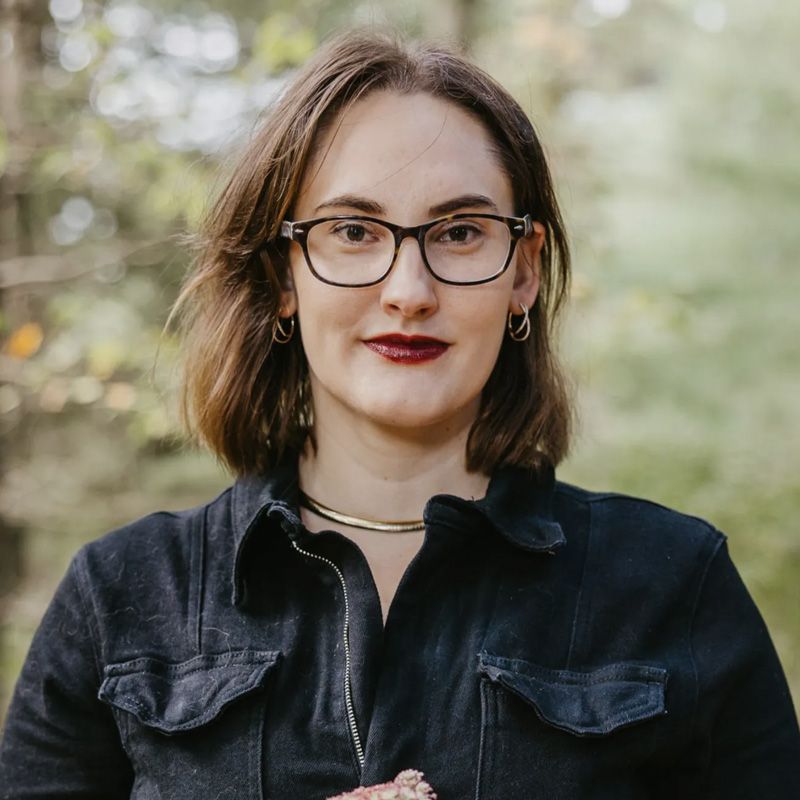
Sarah Chotkowski, LICSW | Kink-Aware Therapist in Massachusetts
Based in Western Massachusetts, Sarah is a therapist who specializes in treating patients from erotically marginalized communities. She is queer, LGBTQIA+ affirming, kink-aware, pleasure-positive, and passionate about working with people who practice Ethical Non-Monogamy/Polyamory and folks who have been or are involved in sex work.


